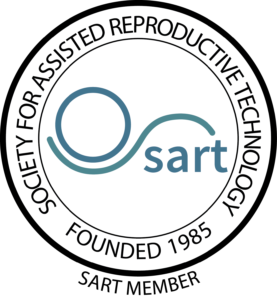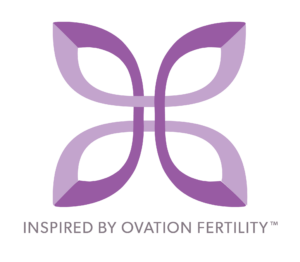Endometrial polyps and their impact on fertility
Endometrial polyps, also referred to as uterine polyps, are small, soft growths attached to the lining of the uterus, called the endometrium. Our Tennessee reproductive specialists have many tools to diagnose and treat these uterine abnormalities, which are caused by an overgrowth of endometrial cells.
The polyps are round or oval, and can be as small as a few millimeters or grow to a few centimeters in size. Most endometrial polyps are noncancerous. However, they can cause problems with menstruation and the ability to have children.
Symptoms of endometrial polyps
Women with uterine polyps are often symptom-free, but common symptoms may appear.
- Irregular menstrual bleeding
- Bleeding between menstrual cycles
- Heavier than normal flow during menstrual cycles
- Vaginal bleeding after menopause
- Bleeding after intercourse
- Infertility
Because it is common for polyps to not cause symptoms, a woman may not be aware she has them until she has screenings related to fertility.
When investigating infertility, a hysterosalpingogram (HSG) is commonly used to inspect the uterus and fallopian tubes. In this procedure, dye is passed through the uterus and fallopian tubes, providing detailed imaging of growths, obstructions or uterine abnormalities.
A woman can develop a single endometrial polyp or multiple polyps. Polyps can irritate the endometrium, cause bleeding, and trigger an immune response by the body to try to get rid of the polyp. Because the polyps develop in the same place an embryo would implant, this immune response prevents an embryo from implanting.
Risk factors for these uterine abnormalities
The cause of endometrial polyps is not known, but some factors increase a woman’s risk of developing them.
- Age of 40 to 50, as a woman enters perimenopause
- Obesity
- High blood pressure
- Use of tamoxifen (breast cancer treatment drug)
- Hormone replacement therapy that is high in estrogen
- Cervical polyps
How are polyps diagnosed?
Your physician will begin by taking your medical history and asking specific questions about your menstrual cycles, including whether you’re having difficulty getting pregnant. The doctor also will perform a pelvic exam and Pap test.
Additional tests may be ordered to diagnose polyps or other uterine abnormalities.
- Transvaginal ultrasound – A thin imaging device is inserted into the vagina to examine the uterus
- Hysteroscopy – Uses a tiny, lighted scope to inspect the endometrium for polyps
- Hysterosonography – A small catheter is used to inject sterile saline inside the uterus to allow for clearer imaging of the endometrium
- Curettage – An instrument with a small loop on the end is used to scrape tissue or polyps from the uterine walls
Our Tennessee reproductive specialists will send the tissue samples taken during these tests to a lab to examine the cells for cancer.
Treating uterine polyps
The majority of uterine polyps are benign (noncancerous), but findings also can include precancerous or cancerous cells.
Treatment decisions will be made based on what your doctor finds during testing. In the case of benign polyps, doctors often recommend watchful waiting, as polyps will often resolve on their own.
However, for women with infertility, our Nashville fertility doctors recommend that these uterine abnormalities be removed to improve their chances of becoming pregnant.
Our skilled fertility specialists remove polyps by inserting a hysteroscope to visualize the inside of the uterus and pass small instruments into the uterus. This simple outpatient procedure takes less than an hour and has little recovery time.
Some women find that the removal of polyps restores their fertility. For those women who continue to experience fertility challenges after having polyps removed, our Tennessee reproductive specialists are available to discuss the next steps toward becoming pregnant.
If you have been diagnosed with endometrial polyps or have other fertility concerns, contact Nashville Fertility Center.






